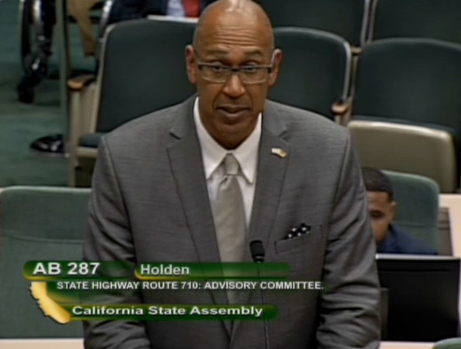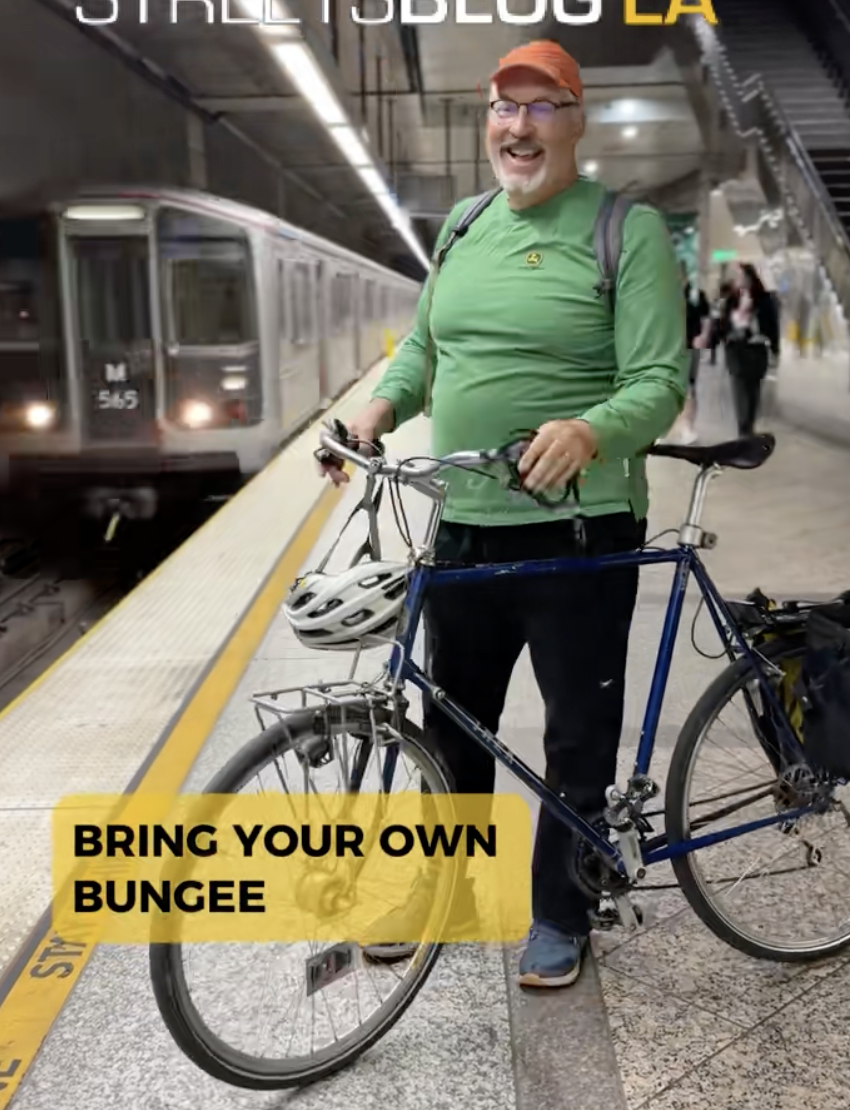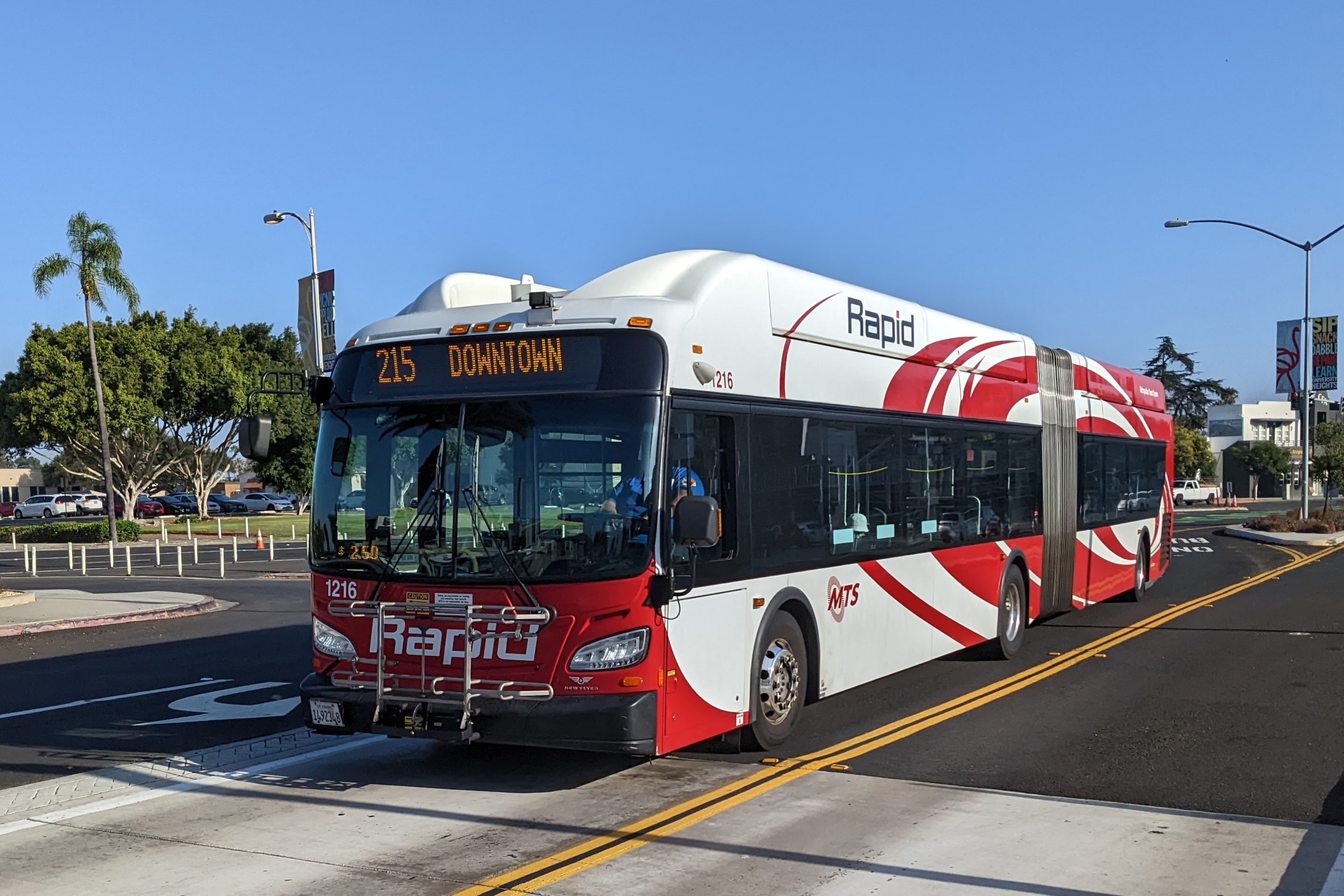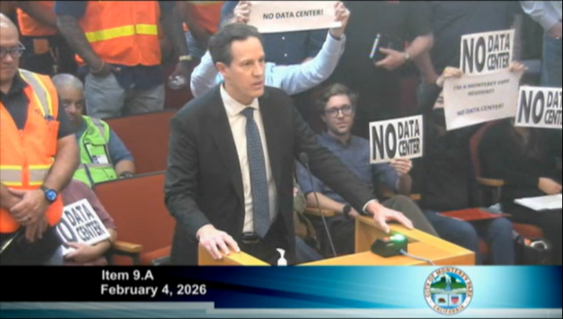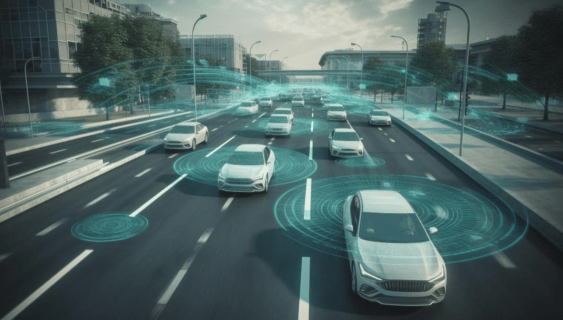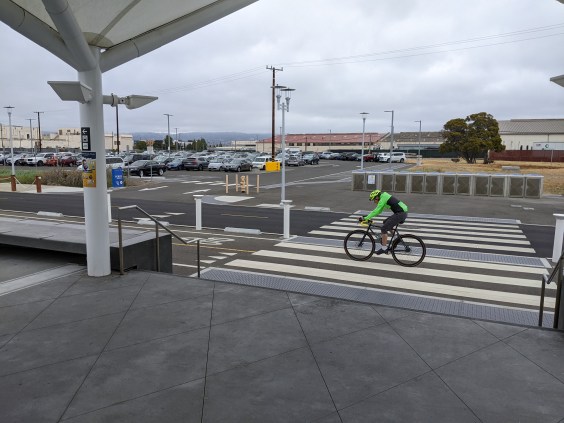Assemblymember Chris Holden (D-Pasadena) tried to bring an end to a long-stewing controversy over what to do about the 710 freeway through his district, but his efforts to have the state legislature weigh in seem to be falling short.
He introduced a bill, A.B. 287, that would have created an advisory committee to come up with solutions--and at the same time would have prohibited that committee from considering two proposals that have been the source of decades of dispute and study: a tunnel and a surface freeway through Pasadena.
A.B. 287 won a 3-1 vote in the Assembly Transportation Committee hearing on Monday, but that wasn't enough for it to move ahead. Too many committee members, including chair Jim Frazier (D-Oakley), declined to vote on it, which prevented the bill from moving forward.
Kansen Chu (D-San Jose), told Holden why he would refrain from voting. “This is a local bill,” he said. “I would like to see locals come together on it.”
“That's the spirit of the bill,” responded Holden. “To bring the communities together to come up with a solution.”
Both a surface freeway and a tunnel have been proposed, and both have been fought by local residents “for a very long time,” said Holden. The tunnel has been repeatedly condemned as a terrible idea. Nevertheless Caltrans is basically finished with an environmental review of its current proposals for the 710, which it will soon present to L.A. Metro for consideration. The tunnel is one of those proposals, even though heavy community opposition forced Metro to specifically exclude the North 710 tunnel project from the expenditure plan in its recent, successful, Measure M sales tax proposition.
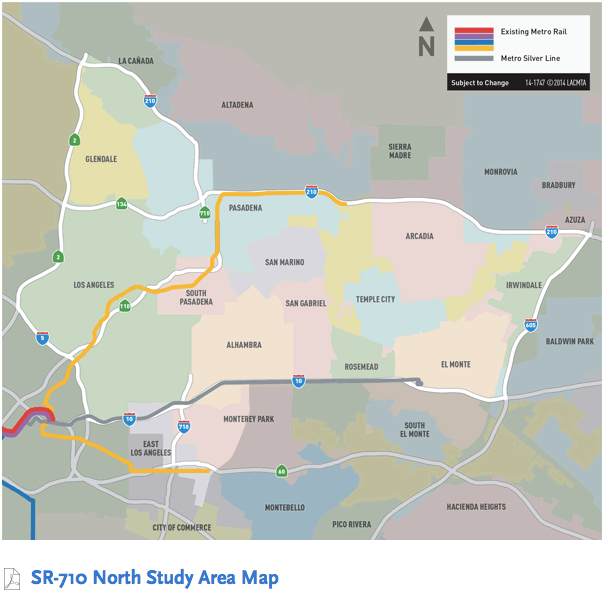
“Caltrans is not listening to the community,” said Holden. “We need something in line with future transportation needs.”
“Extending our freeways only adds cars to our roads,” he added. “And there is no justifiable source of funds for the tunnel. It's way too expensive. A tunnel would put billions of taxpayer money on the line, with no hard evidence [that it would provide] traffic relief in the San Gabriel Valley.”
Labor unions spoke in opposition to the bill; they see the tunnel as a job creator. Also opposed were representatives from nearby cities, including Rosemead and Alhambra, who have long sought a freeway connection northward, under the misguided assumption that it will reduce congestion.
Matthew Harper (R-Huntington Beach), said that the original intention of building the 710 was to solve traffic problems by connecting the Long Beach Port north to the 210 freeway, “so that traffic can go around downtown.” He complained that because it was never completed, “the entire L.A. area gums up when the freeway has an accident.”
“That's the reason we need to move in another direction,” said Holden. “Under the best of circumstances, [a tunnel] doesn't even address that. Trucks would not be allowed into the tunnel,” he said.
A tunnel would be like squeezing a balloon on one side, and having it popping up on the other side. And who wants to be stuck in traffic in a tunnel?
We need a different approach: a holistic, realistic approach.
In addition, amidst other state efforts to fight climate change by reducing driving, he said, “It would be hypocritical of me to push a solution that is part of the problem.” Transit like light rail, he said, would be a smart use of funds.
We made a commitment to the voters of L.A. County that we would find the most cost effective way to provide transportation, and digging this tunnel is not it.
This [bill] is an effort to bring harmony in communities that have been fighting forever.
Laura Friedman (D-Glendale) represents nearby communities that would be affected by whatever choice is made along the 710.
“Let me be clear: doing nothing is absolutely not a solution,” she said. “People who live in the area at the termination of the 710 are extremely affected by that freeway. But a tunnel is a 20th century solution to a 21st century problem.”
“It could cost $5 billion at least” for the tunnel, she added. “Imagine what that would do for a rail system for L.A. County and this area.”
“If cars terminating in an area is an issue, then the last thing we should do is . . . invite more cars into the system,” she said. “What we should be doing is investing in solutions that take cars off the road,” like mass transit and rail and alternative transportation.
Holden asked committee members to move his bill forward so he could keep the conversation going. If they passed it, legislative procedures would put it in the “suspense” file of the Appropriations Committee, where it would sit for the moment.
That would give L.A. Metro time to consider the issue at its May meeting, when the EIR on the tunnel is scheduled to be discussed.
“I'm up against a deadline,” he told committee members. “If I don't get this bill out of this committee, the opportunity to have more conversations [about a solution] goes away. It could be a very successful tool in moving to consensus,” he added.
But committee members were not swayed. They backed away, and the bill, for now, is stalled.
